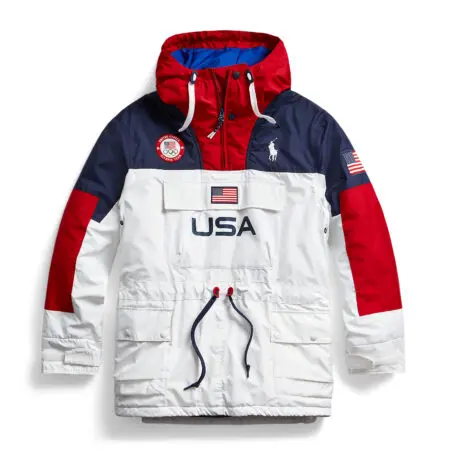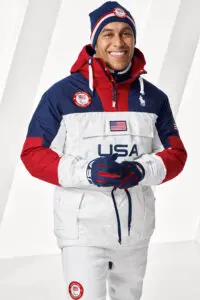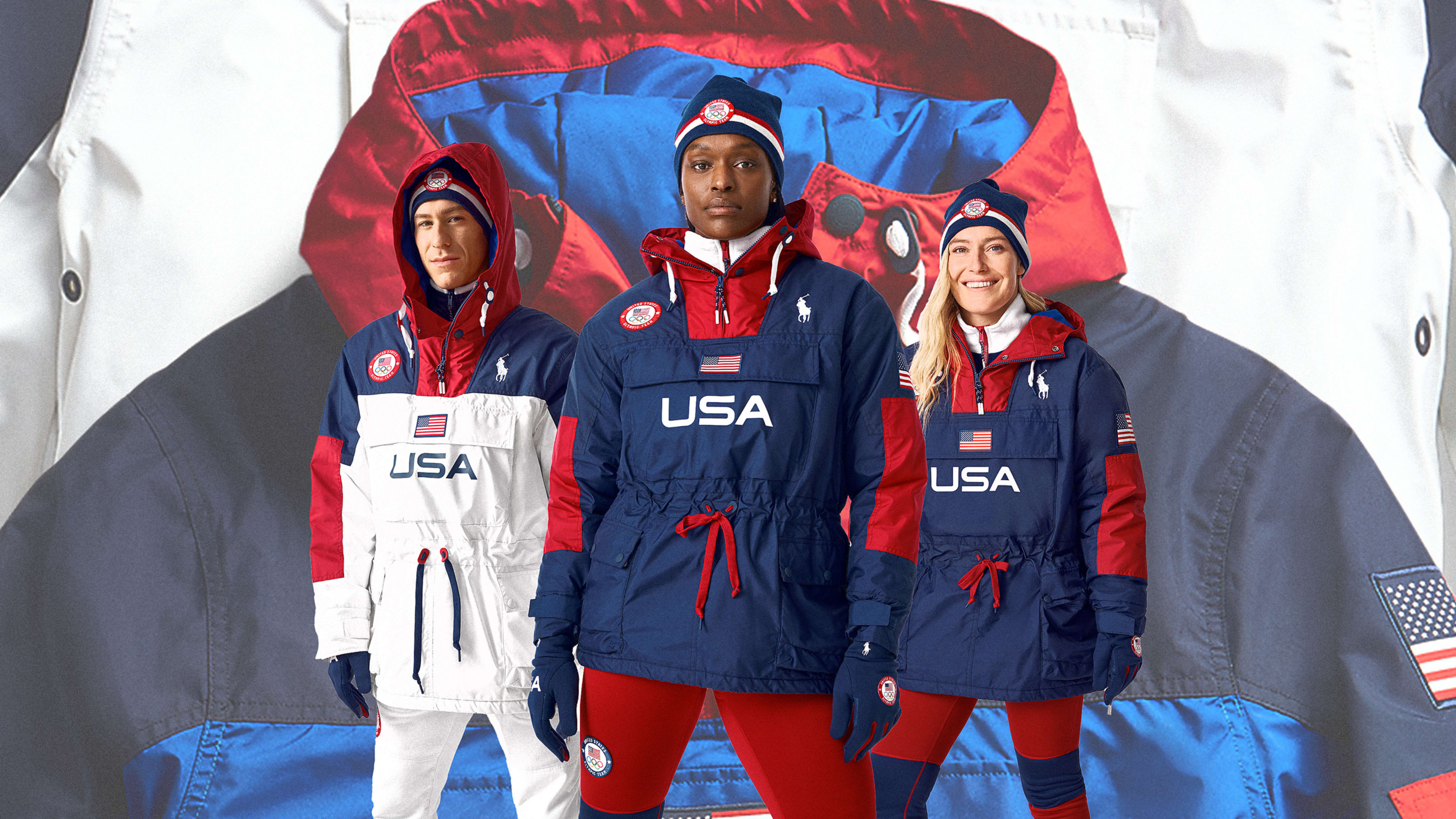There’s a lot of uncertainty surrounding the Beijing Olympics, but Ralph Lauren wants to at least ensure that American athletes stay toasty as they march in the opening ceremony.
Today, Ralph Lauren—the longtime outfitter of Team USA—unveils its looks for the Winter Games, which start on February 4. The outfits are sportier and more casual than the preppy blazers and nautical-inspired T-shirts designed for last year’s Tokyo Summer Olympics. The hero piece this year is a jacket made from a new material that adapts to the wearer’s body temperature, keeping them warm or cool without requiring any electronics. It’s part of Ralph Lauren’s broader goal of positioning itself at the intersection of classic American style and high-tech innovation.

[Image: Ralph Lauren]For the 2018 Winter Games in PyeongChang, South Korea, Ralph Lauren created jackets embedded with battery packs that allowed the athletes to switch on a heating system when they got cold. But this time, Lauren wanted to create a garment that regulated heat on its own. Four years ago, he discovered a small textile-innovation company called Skyscrape that had developed a technology called Intelligent Insulation. The startup was initially funded by the U.S. Department of Energy, which allowed it to create its own machinery and production process.
Skyscrape’s fabric is made up of two separate proprietary materials that expand and contract in response to changes in temperature. When it gets colder, the lengths of the two materials contract at different rates, causing an air pocket to form, which creates insulation. In other words, the jacket becomes a puffer when it gets cold, and then goes back to being a regular shell when it’s warm. This is the first time the fabric has been prototyped by a major brand. “It was one of the most forward-thinking technologies we’d seen,” says Lauren, “and we thought it could revolutionize the way we make products. But Skyscrape hadn’t yet brought it to market. By putting it on a global stage [at the Olympics], we hope it inspires the rest of the industry.”

Ralph Lauren designed these outfits in the midst of the pandemic, which was a challenge since everything had to be done virtually. Lauren says that, ultimately, this helped the company create a much more streamlined design approach. Rather than using sketches, everything was designed on the computer. “We created a computer rendering that allowed us to see what 300 athletes would look like in these outfits walking through the opening ceremony with flashbulbs going off, so you could see the light shine off the jacket,” he says. “When the Olympic Committee wanted to see a garment in a different color, we could change it in real time for them.”
Recognize your brand’s excellence by applying to this year’s Brands That Matter Awards before the early-rate deadline, May 3.
